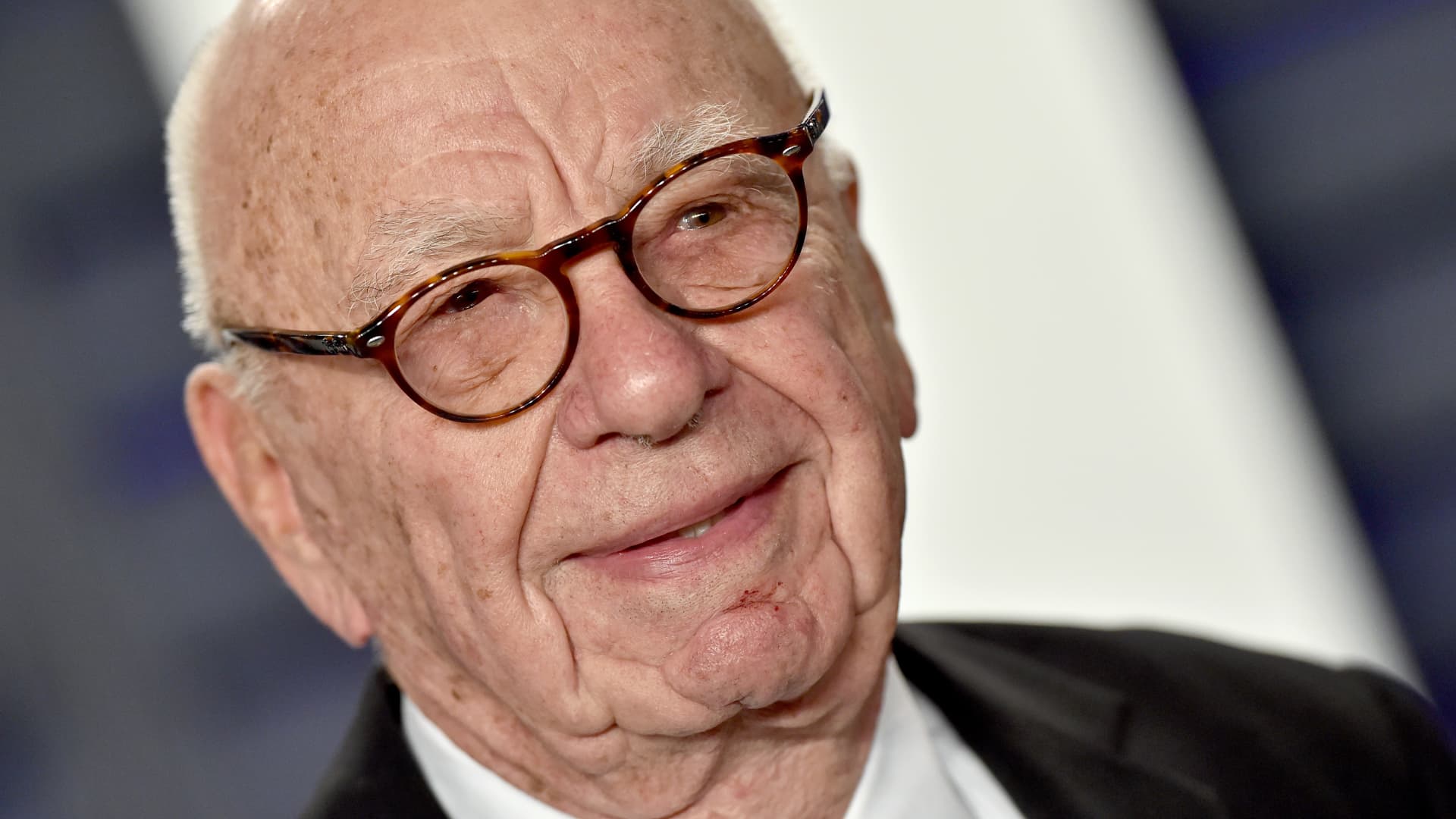The Tokyo Tower stands amid buildings at nightfall in Tokyo, Japan.
Bloomberg | Bloomberg | Getty Photographs
Asia-Pacific markets traded largely greater Monday as buyers assessed Japan Prime Minister Shigeru Ishiba’s resignation announcement over the weekend, and eyed key financial information within the area.
Japan’s benchmark Nikkei 225 rose 1.5% following the prime minister’s assertion, which got here after weeks of mounting strain over his nationwide election defeat late final yr. The Topix climbed 1% to a document excessive.
Koizumi Shinjiro, the agricultural minister and son of a former prime minister, is a probable contender to take the helm, Stefan Angrick, head of Japan and frontier markets economics at Moody’s Analytics wrote in a Monday notice. In the meantime, Takaichi Sanae, protege of the late Prime Minister Abe Shinzo and a runner-up in final yr’s get together contest, can be a key contender.
Richard Kaye, portfolio supervisor at Comgest, mentioned that the market’s “very constructive response” Monday was “somewhat little bit of shock”, however it’s “reflective of the joy surrounding Koizumi and Takaichi.”
Kaye identified that potential successor Takaichi, who’s eager on deregulation and never eager on rate of interest hikes, is “doubtless the candidate to drive progress and she’s going to justify in the present day’s market rally.”
The Japanese yen weakened 0.64% to 148.33 in opposition to the dollar, whereas Japanese bonds continued to dump.
Japan’s 30-year bond yield rose over 4 foundation factors to three.272% after notching a document excessive final Wednesday, having surged greater than 100 foundation factors this yr. The yield on the 20-year debt is over 3 foundation factors greater at 2.676%.
Japanese authorities bond yields have been notching recent highs as buyers worth in persistent inflation, tighter financial coverage, in addition to fiscal uncertainty.
“Japan is now set for a interval of prolonged uncertainty going into This fall 2025,” wrote analysts from BMI, a unit of Fitch Options. “Though the subsequent LDP chief would ordinarily routinely turn into prime minister, it’s theoretically attainable for the opposition to band collectively below a rival candidate for the premiership.”
South Korea’s Kospi was 0.15% greater, whereas the small-cap Kosdaq jumped 0.47%.
Hong Kong’s Dangle Seng index rose 0.48%, whereas the mainland’s CSI 300 was flat.
Australia’s benchmark S&P/ASX 200 slid 0.38%.
China’s commerce information for August will even be in focus.
Oil costs inched greater after OPEC+ introduced over the weekend it will raise oil manufacturing once more beginning in October, although the group is slowing the tempo of hikes. In an internet assembly Sunday, eight OPEC+ members agreed to raise manufacturing by 137,000 barrels a day beginning in October, far under the will increase of round 555,000 bpd in September and August, and 411,000 bpd in July and June.
International benchmark Brent added 0.53% to $62.2 a barrel, whereas U.S. West Texas Intermediate futures traded 0.6% greater at $65.89 per barrel.
U.S. inventory futures have been little modified on Sunday as buyers gear up for a data-heavy week that features two intently watched readings on inflation. The producer worth index report for August is due out Wednesday morning stateside, adopted by the buyer worth index on Thursday.
Final Friday within the U.S., all three main averages closed decrease after a weaker-than-expected jobs report gave technique to worries a few slowing economic system, at the same time as expectations for a Federal Reserve fee minimize have been solidified.
The S&P 500 completed down 0.32% at 6,481.50, whereas the Nasdaq Composite declined 0.03% to settle at 21,700.39. The Dow Jones Industrial Common closed down 220.43 factors, or 0.48%, at 45,400.86.
All three main indexes had reached recent document intraday highs earlier in Friday’s session. At their peaks, the broad market index, the tech-heavy Nasdaq and the blue-chip Dow have been up about 0.5%, 0.8% and 0.3%, respectively.
— CNBC’s Brian Evans and Sean Conlon contributed to this report.



